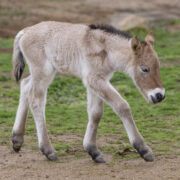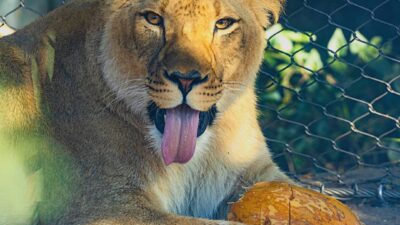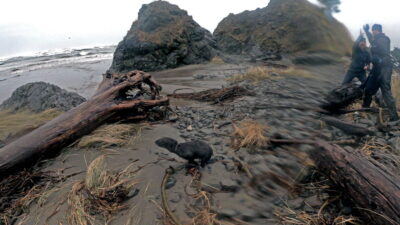Visitors of Woodland Park Zoo can now enjoy the sight of three new Canada lynx on the Living Northwest Trail. Monty, Yukon, and Marty, all three years old, came from zoos around the United States to live in their new home in Seattle. Monty and Yukon were recently renamed to represent the Pacific Northwest, inspired by the mighty Yukon River and Montreal, one of the largest cities in Quebec. Marty has been a resident of the habitat since November 2022.
The lynx exhibit features a fission-fusion dynamic, meaning the individuals may move in and out of any possible social combination. Visitors may see one lynx, duos, or even all three on any given day.
In this article, we’ll not only introduce the new residents but also share 10 fascinating facts about Canada lynx:
- Canada lynx are native to high mountain habitats of northern forests across North America.
- This species has a low risk of extinction globally, but in Washington state, they are considered endangered.
- Canada lynx rely on healthy forests and snowpack to hunt their prey.
- Climate change is reducing snowfall and causing more frequent wildfires, making lynx and their prey rarer.
- Woodland Park Zoo and its partners are studying lynx and wolverines to help recover their populations in the Cascades.
- Canada lynx are known for their long legs and big paws, which help them move through deep snow to catch their prey.
- They mainly feed on snowshoe hares but will also hunt birds, squirrels, and other small mammals.
- Canada lynx are solitary animals, only coming together to mate.
- Their fur is thicker in winter to provide insulation from the cold.
- Woodland Park Zoo’s Living Northwest Program advocates for and saves species, including lynx, through conservation actions.
For more information on visiting hours and accessibility, visit the Woodland Park Zoo website at www.zoo.org or call 206.548.2500. Keep up with the zoo on Facebook, Twitter, and Instagram.









